Before investing in a holiday property, you have numerous things to consider. Investing in a holiday property might seem like a good idea, but you have to be absolutely sure you’re making the right decision, as there are a number of risks and issues that can crop up later on down the line.
Here, we’ll discuss 9 things you’ll want to consider before you take the leap and put your money down on a holiday property.
1. Know What Your Goals Are
Having a clear idea of your goals before you purchase a holiday property is a must. This will affect the kind of property you buy, where you buy it, and more. Do you simply want a place that you love, that you can visit a few times a year with your loved ones? Or, would you like to mostly look at this as an investment, renting it out when you’re not there to other tourists? Being realistic about what you’re going to do with your property will help you to figure out what kind of property you need.
2. The Economy and Political Circumstances
You might love the country you’re buying in, but having a good idea of what’s going on in the economy and the political circumstances of the place is important, too. Things could easily change overseas, and if things get really bad, you might not be able to visit your property for a while. You certainly won’t be able to make an income renting it out to other tourists if something happens and people stop visiting. What’s going on there now, and is there a chance that this will change in the future?
3. Can You Really Afford It?
You need to know exactly what your budget is, and take every expense into account to figure out whether this is something you can truly afford or not. You should have a good idea of the deposit you’ll be expected to put down, as well as things like transfer duties, legal fees, refurbishment costs, monthly maintenance, rates, taxes, electricity, water, insurance, and security. It all adds up. Plus, if the property is an apartment or part of a development, there might be levies to pay. You can look at the hdb resale portal to get an idea of what sort of things you might need to pay for. It’s also worth noting that if this is a holiday home, you may need a letting agent to manage your property when you’re not there.
4. Are There Any Tax Implications?
If you’re going to be making money from renting out your property, there are tax implications that you may need to take into account. You’ll have to declare your earnings, and if you come to sell later on down the line, you may be subject to Capital Gains Tax.
5. What Are The Laws In The Local Area?
Laws surrounding property vary from country to country. Inheritance laws in France, for example, mean that if anything were to happen to you, your property would bypass your spouse and go straight to your kids. In cases such as this, you must be aware of the rules and you may even need to make changes to your will before purchasing a property.
6. Location, Location, Location
We already talked about knowing what goals you have for your property so you can define what kind you need to buy, but it’s worth mentioning location again. Ideally, you’ll have an easier time if you choose to buy a property that is within range of amenities like shops, cafes, and restaurants. Having good transport links will be of use to you and anybody you choose to rent your property out to, too. You will also want to make sure there’s parking nearby, and perhaps even some activities for children if you’re hoping to attract families. Having plenty of things nearby is especially important if you’re going to be renting it out.
The location can make the difference between renting it out for 25 weeks of the year, rather than 12 weeks of the year.
7. Don’t Rush When Looking For The Ideal Property
If you’ve decided that investing in a property is a good choice for you, the last thing you want to do is rush to find the right one. Ideally, you should visit a property multiple times, and at different times of day to make sure that it’s still a great investment.
Bear in mind that if you’re going to be renting this out at all, it should have some great features that will impress guests. For instance, a stunning view, nice architectural features, a large garden, etc. It’ll make the property look more attractive when people are looking to book online, too – not everybody will see your property in person before renting it out.
8. Can You Speak The Language?
If you’re buying in a foreign country, being able to speak the language is something that might help you to have an easier time. You could speak to locals and ask them their thoughts on buying and tourism in the area. Even if you don’t speak the language, you could look for expats and other holiday home owners to hear their point of view.
Whether you are able to speak the language or not, you might want to work with a local estate agent or somebody who can translate important documents and legislation into your own language. You don’t want to miss anything important when you’re looking to buy.
9. You Might Not Make A Profit On Your Property
It’s also worth noting that even if you take the time to choose your property, it’s in a great location and you have awesome amenities, it’s not a guarantee that you’ll make a profit on your property. The cost to you can be substantial when you take into account taxes on the property, utility bills, fees for listing the property to rent, insurance, mortgage interest payments, and so on. The total annual cost may still come to more than you are earning from renting it out, and this can be stressful.
When you take all of this into account, you might come to the conclusion that a holiday property is not for you after all. Make sure you do plenty of research and take your time with your decision!
Nb. Collaborative post.

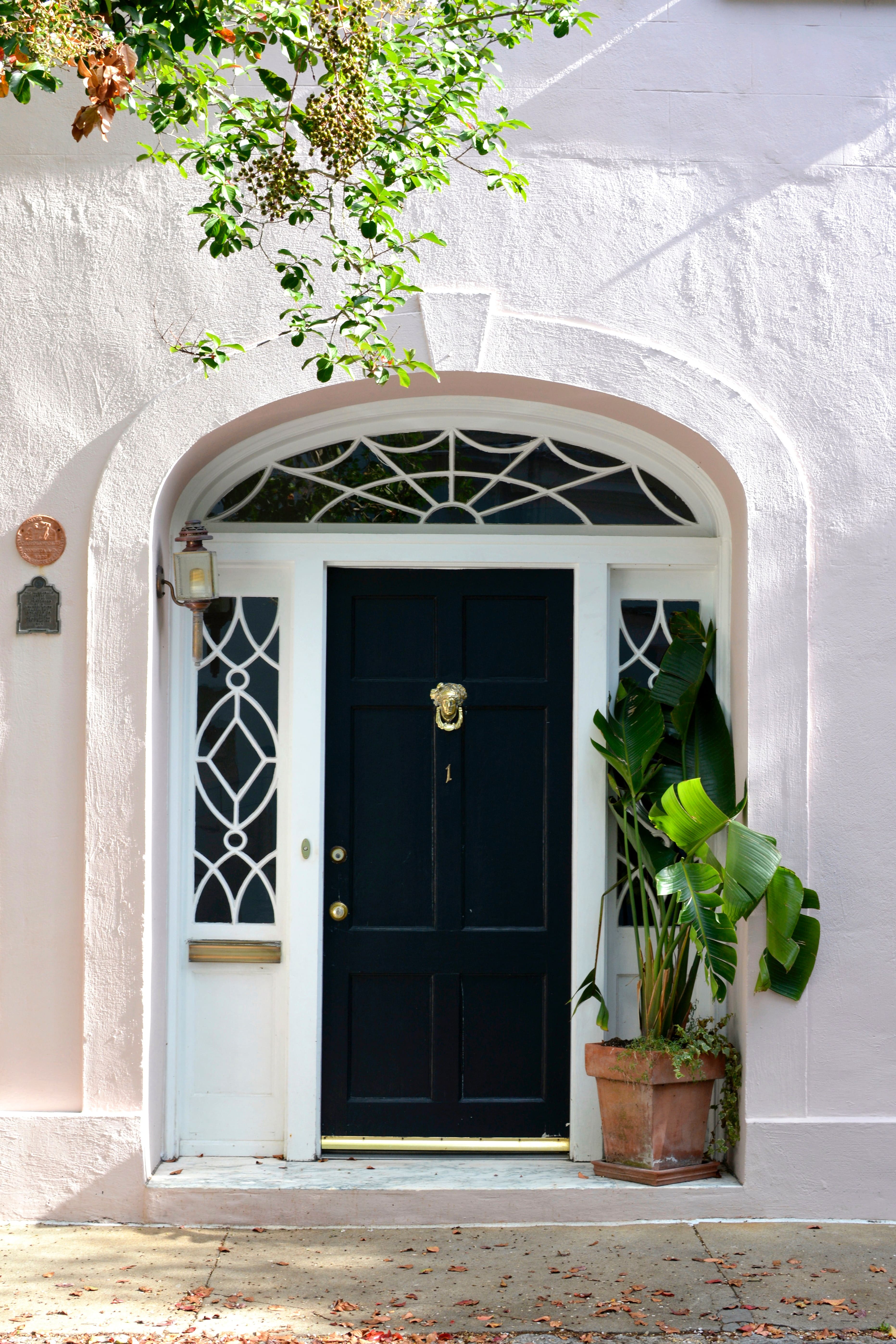
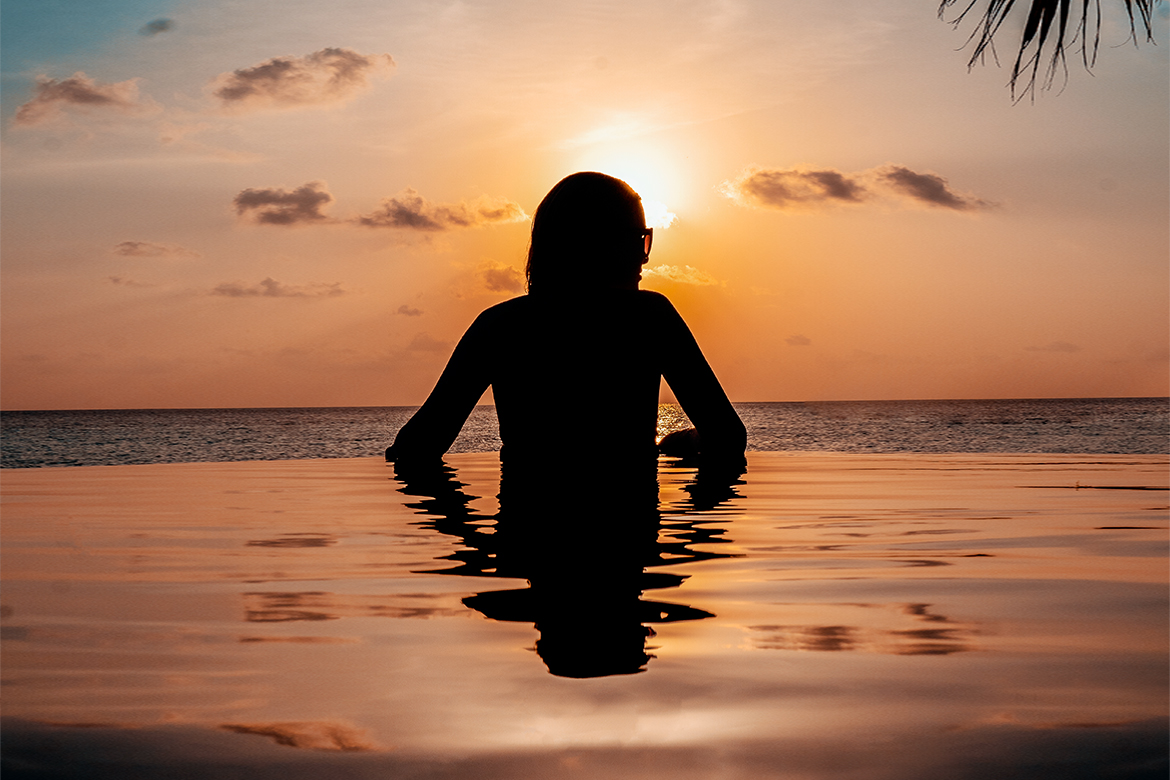
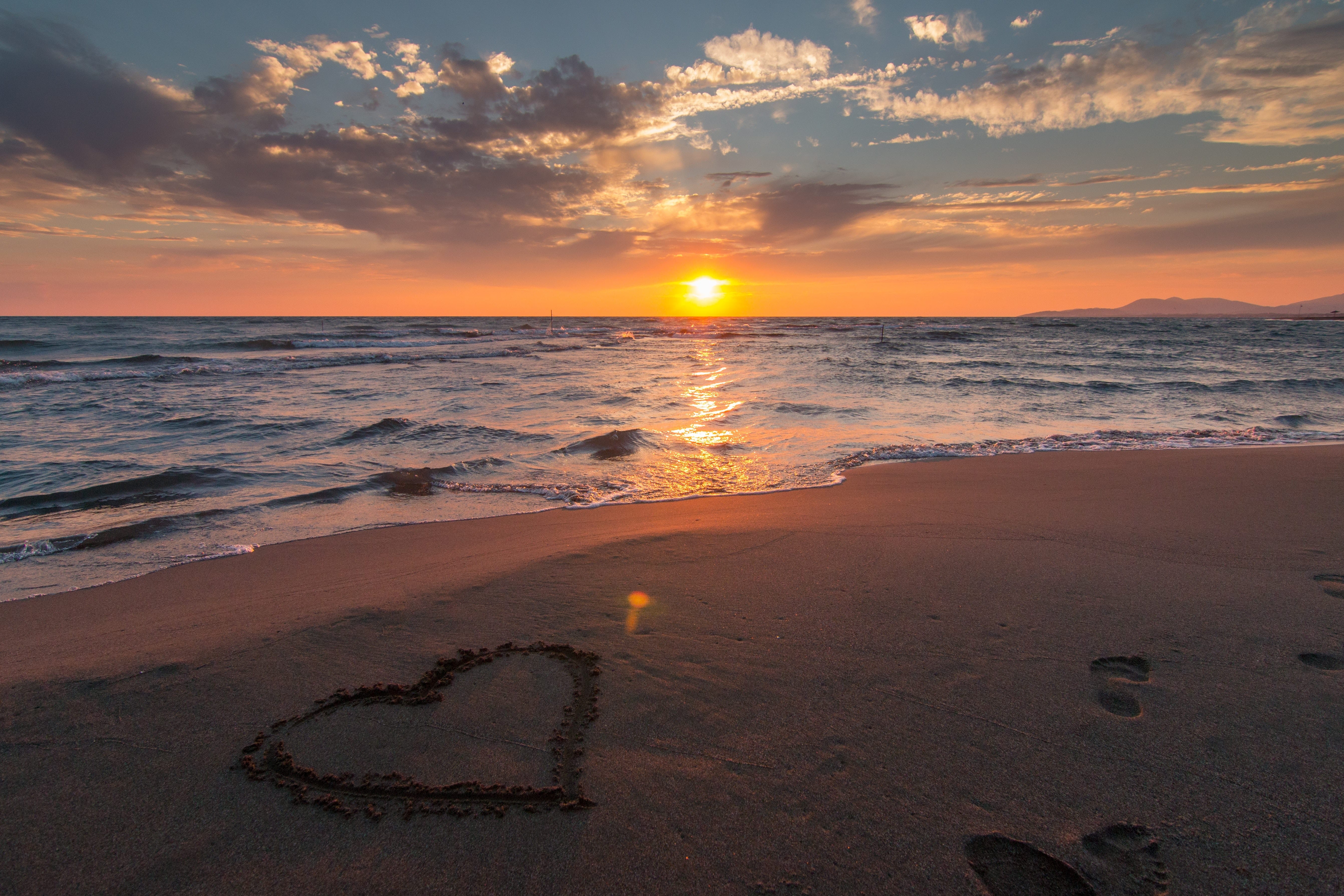
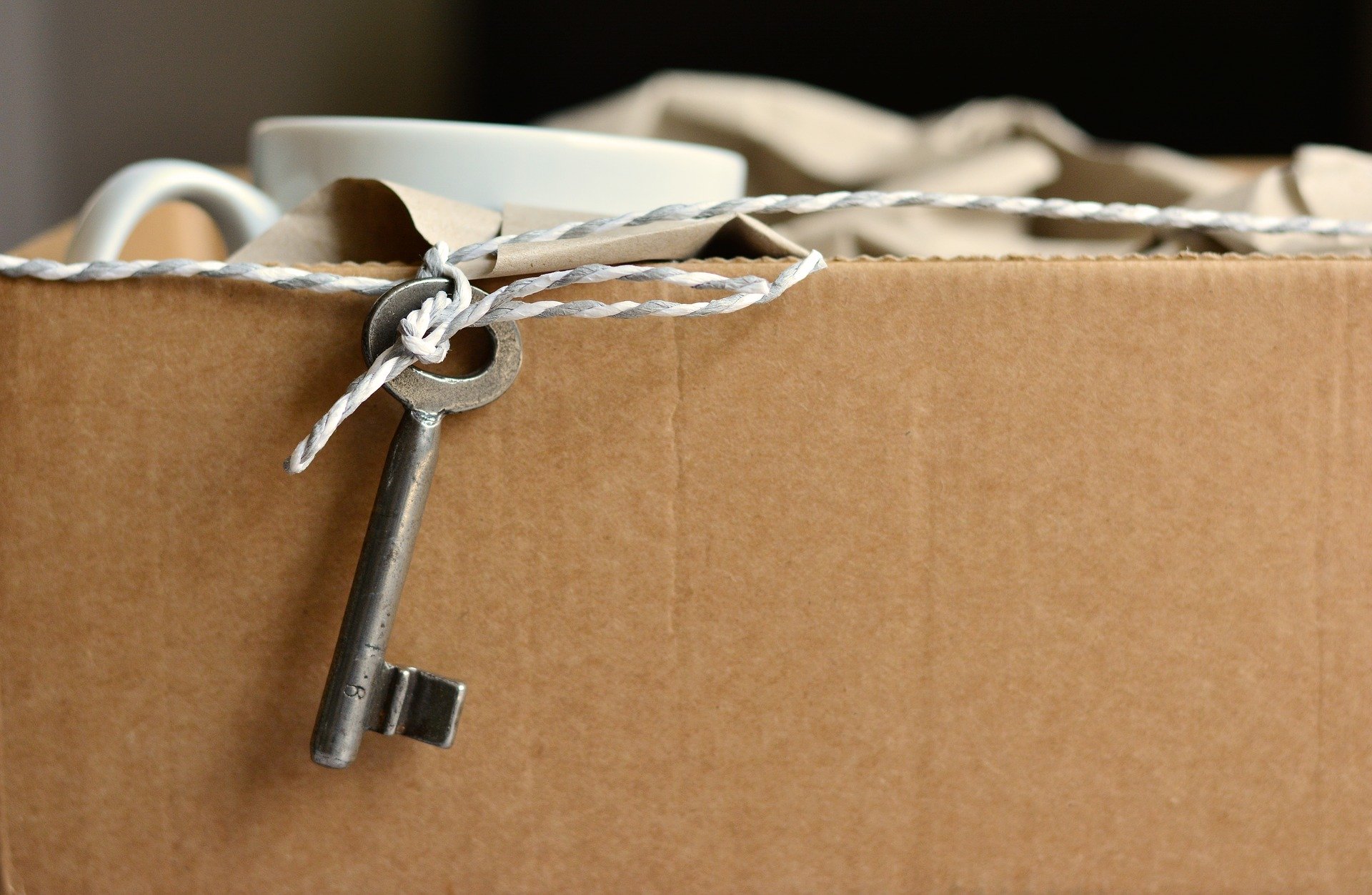

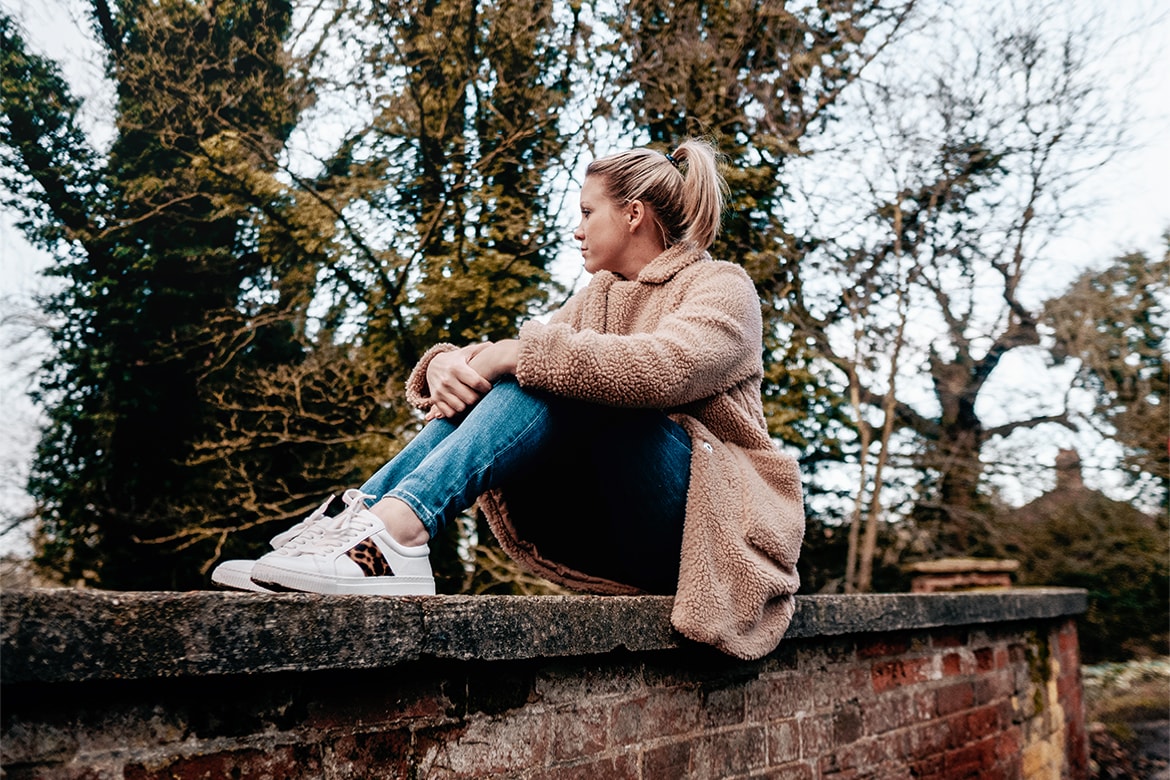
Leave a Comment